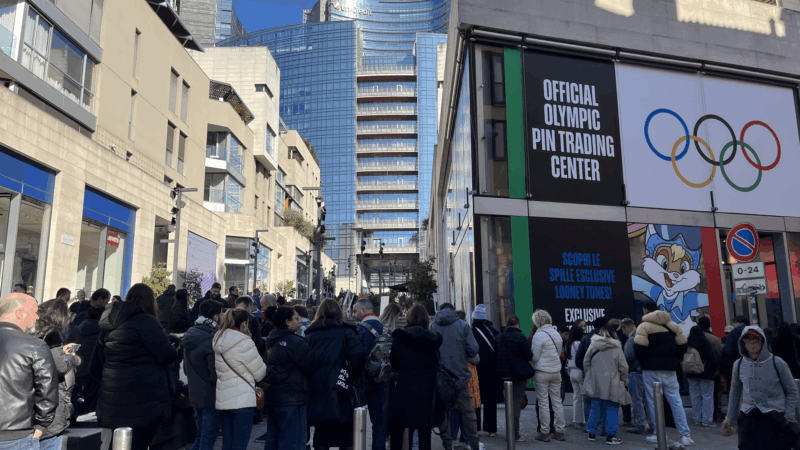Alabama’s Auto Suppliers: A Dangerous Place for Workers
Alabama leaders have long touted the jobs created by the state’s big auto manufacturers such as Mercedes, Honda and Hyundai. But a recent story in Bloomberg Businessweek reveals that employees at suppliers that make parts for those plants are faced with dangerous conditions and in a few cases death. WBHM’s Andrew Yeager spoke with investigative reporter Peter Waldman about the story.
The Highlights
The safety record of Alabama auto suppliers:
“Deaths [in Alabama] are fairly rare but they have occurred. On the risk of amputation, which is one of the most serious injuries one can receive short of death, it was in 2015 twice the risk of the auto parts industry nationally.”
What contributes to dangerous work conditions:
“The suppliers are forced to produce parts at rates that are entirely unrealistic for their plants and their workforce, and that pushes people to work very long hours and to cut safety corners and we see this again and again. As one person put it to me, it is just-in-time manufacturing on steroids.
“…Unions are a big part of this story. The right-to-work states in the South obviously have very, very, very few unions…The result of that is you don’t have the shop stewards on the floor holding the management accountable for the overwork, in terms of hours. You don’t have them enforcing safety rules. The UAW literally has safety experts that roam the floors looking for these issues.”
Federal regulators’ response:
“[An OSHA administrator] had gone to Seoul, South Korea in 2015 and warned the Kia and Hyundai executives specifically that they were pushing their auto parts manufacturers too hard and it was going to result in serious problems for workers. He was very explicit about that. He said to the folks in South Korea that Americans are not gonna want to buy your cars if they have the blood of American workers on them.”
Response from the auto manufacturers:
“When I asked Hyundai about it, I got a response from their spokesman Robert Burns that they do care about safety. They do try to keep their suppliers compliant with all OSHA regulations. He was saying that, you know, this is not an issue that they are indifferent to.”
Trump to raise global tariffs to 15%
President Trump previously said he would implement 10% global tariffs after the U.S. Supreme Court struck down his tariff policies.
Pin trading has taken over the Olympics. Here’s what it’s like in Milan
Pin trading has become a hallmark of the Olympics in recent decades — and not just for athletes. An official trading center in Milan was a hotspot for longtime collectors and curious newcomers alike.
US military airlifts small reactor as Trump pushes to quickly deploy nuclear power
The Pentagon and the Energy Department have airlifted a small nuclear reactor from California to Utah, demonstrating what they say is potential for the U.S. to quickly deploy nuclear power for military and civilian use.
How Nazgul the wolfdog made his run for Winter Olympic glory in Italy
Nazgul isn't talking, but his owners come clean about how he got loose, got famous, and how they feel now
Court clears way for Louisiana law requiring Ten Commandments in classrooms to take effect
The 5th U.S. Circuit Court of Appeals has cleared the way for a Louisiana law requiring displays of the Ten Commandments in public classrooms to take effect.
From cubicles to kitchens: How empty offices are becoming homes
Many U.S. cities have too many office buildings and not enough homes. Developers are now converting some old offices into apartments and condos, but it's going slowly.





